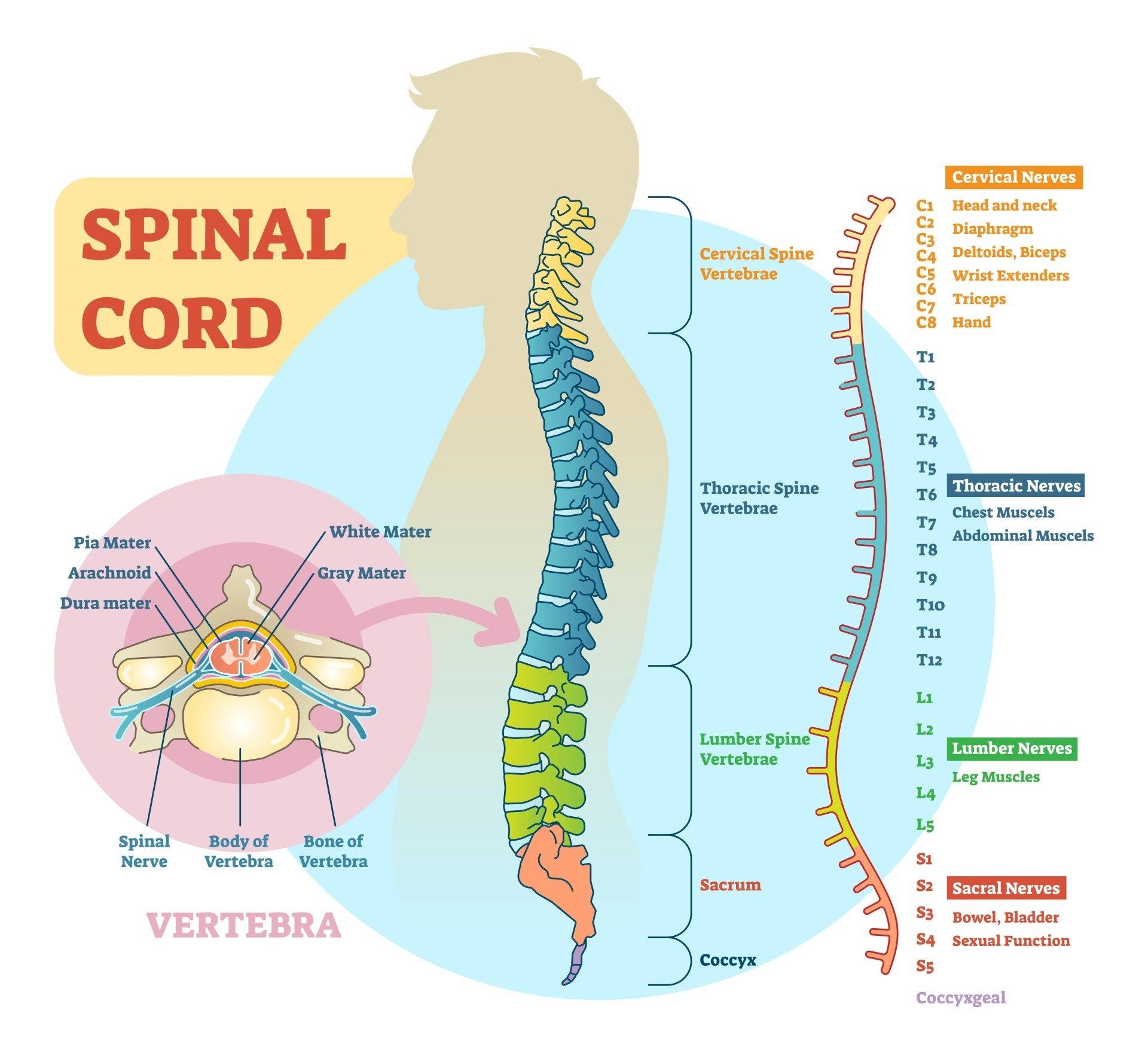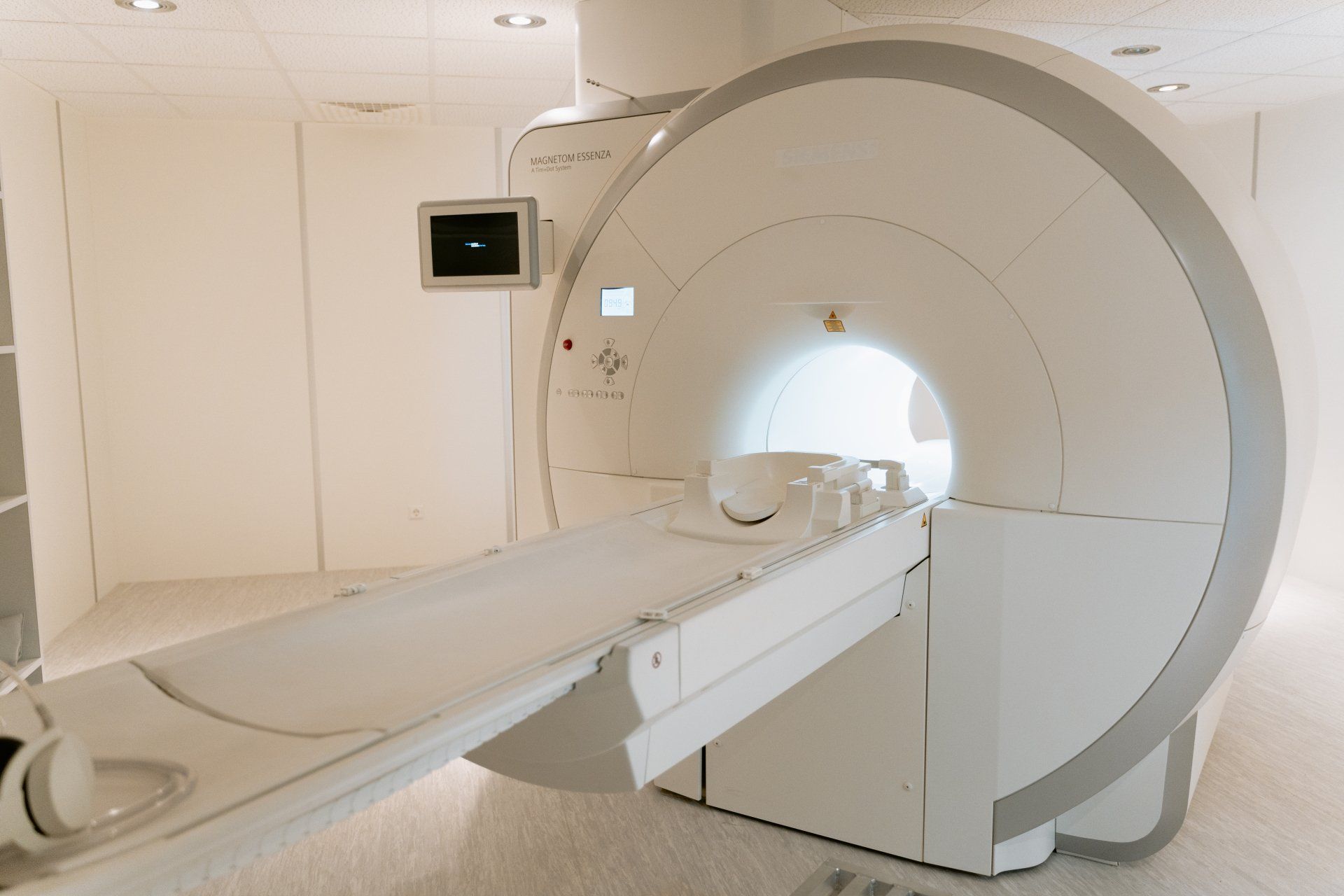MRI Screening of Whole Spine: Anatomy, Procedure, Cost and more
MRI Screening of Whole Spine: Anatomy, Procedure, Cost and more
A whole spine MRI is a diagnostic procedure that produces a highly accurate image of your spine, spinal cord, discs, and other soft tissues surrounding it. Although a whole spine MRI scan can be revealing, the results cannot be simply taken at face value and must be evaluated alongside symptoms manifested, physical exam, and results of other related procedures to be properly diagnosed.
Whole Spine MRI And The Anatomy Of The Spine
What is whole spine screening? This refers to the MRI scan of your spine. An MRI of the whole spine is non-invasive and painless.
Other MRI scan procedures may only involve specific regions of your spine, most commonly the cervical region or the part that runs down your nape and upper back. MRI spine lumbar and sacral, and coccyx, the lower back portion of your spine, and MRI of the thoracic, or middle spine region, are much less common.
Before anything else, you must know that there are several underlying reasons why your physician may require you to undergo an MRI scan. In general, this procedure may be used to rule out any condition associated with your symptoms or, as a routine spine health check, most especially where chronic and progressive diseases are involved.
Your involvement in an accident, whether recent or otherwise, may also prompt an investigation of your whole spine anatomy.
Remember that spine injuries and related diseases are only suspect until a complete diagnosis is reached. In most cases, that requires you to undergo other diagnostic tests.
So, if your physician orders an MRI screening for the whole spine, what exactly might he be looking for? Listed below are some of the conditions that an MRI scan of the spine may reveal:

- Herniated discs. Degeneration, fracture, detachment, protrusion, and other abnormalities concerning discs, the structures that connect your spine to each other, maybe the underlying cause of back pain. It may also be a complication related to aging and diseases such as those involving bone loss.
- Tumours and abscesses. These may indicate cancer on the spine or, the spread of existing cancer to the spine.
- Multiple sclerosis. An MRI scan of the spine will reveal lesions and inflammation of the spine.
- Malformation of veins in the spine. If left untreated, this condition may lead to irreversible spinal cord damage and permanent disability.
- Other irregularities in the spine. An abnormal spine MRI can reveal underlying causes of spinal pain or, initiate further investigation.
In rare instances, a spine MRI is also used for scoliosis imaging. MRI may reveal whole spine scoliosis and an MRI scan may be ordered if the physician suspects that irregularities in the soft tissues or nerves may be the underlying cause for an uneven spine.
A spine MRI is also routinely ordered to better inform surgery involving the spine.
More recent studies recommend a broader use for MRI scans of the whole spine. In a study published in the Asian Journal of Neurosurgery, the researchers concluded that this procedure may help in the earlier diagnosis of intrascrotal meningocele, a rare congenital lesion observed among children. Another study recommended routine whole spine MRI for monitoring degenerative diseases of the spine.
Whole Spine MRI: What To Expect And How Much
Just like with any other diagnostic procedure, it always pays to know what you should expect if you need to undergo a whole spine screening MRI. Preparing for the procedure already wins you half the battle you are waging to sustain, retain, or regain your health and well-being. That’s because it gives you better peace of mind, eases your expectations, and practically buys you more time to be more prepared physically, psychologically, and financially.
Two of the top concerns that must be running inside your head right now are: “What happens during a whole spine MRI?” and “How much does a whole spine MRI cost?” First, here’s what you should expect before, during, and after a whole spine MRI scan:

- Tell your doctor if you have metallic implants in your body or, if you are pregnant.
- No special preparations are necessary although, it will help if you take a good rest the day prior to your scheduled MRI scan.
- On the day of your scan, try to avoid putting on jewellery and other things that have metal on them to speed up your preparation in the lab. Metal will disturb the results of your scan.
- You will be asked to change into a hospital gown and may be given an earplug to help manage the noise that the machine creates.
- If you are generally well, calm, and healthy, you just need to remember to keep still during the entire process. In some patients, sedation may be required to achieve this.
- Expect the whole spine MRI scan to last between 30 and 60 minutes.
Throughout the whole process, pain should not be expected, and there is absolutely no downtime. Walk into the clinic in time for your scheduled scan then, go about your daily routine as soon as you step out.
Finally, as for the cost of a whole spine MRI in the UK, expect to pay anywhere between £400 and a few thousand pounds. Cost implications will be affected by the institution where you will be getting the procedure done and your insurance coverage. Expect a minimal fee added to your bill in case contrast material is used to facilitate a clearer scan.
PAAs:
What is MRI of whole spine?
A whole spine MRI scan is a non-invasive diagnostic procedure. It uses a large equipment capable of creating magnetic fields and radio waves to produce an accurate and clear image of your spine. In addition, the scan image also includes your spinal cord, discs, muscles, and other soft tissues in the area.
How long does an MRI of the lumbar spine take?
An MRI scan of the lumbar spine takes between 20 and 35 minutes to complete.
Will a spinal MRI show nerve damage?
Yes, an MRI scan, in general, is highly sensitive to nerves, bones, and other soft tissue structures. Any irregularities on the spinal cord and other veins surrounding the spine will definitely show up in an MRI scan.
References:
Azad R, Azad S, Shukla, A, and Arora P. (2013). Role of screening of whole spine with sagittal MRI with MR myelography in early detection and management of occult intrasacral mninocele. Asian Journal or Neurosurgery. 2013 Oct-Dec; 8(4): 174–178 doi: 10.4103/1793-5482.125660 Link: https://www.ncbi.nlm.nih.gov/pmc/articles/PMC3912767/ Access Date: 6 May 2020.
Kanna RM, Kamal Y, et.al. (2017). The impact of routine whole spine MRI screening in the evaluation of spinal degenerative diseases. Europe Spine Journal. 2017 Aug;26(8):1993-1998. doi: 10.1007/s00586-017-4944-7. Epub 2017 Jan 21. Link: https://www.ncbi.nlm.nih.gov/pubmed/28110361. Access Date: 6 May 2020.











